Binge Drinking Effects
Binge drinking, a prevalent and concerning behavior, can have profound effects on individuals’ lives and those around them. From health consequences to strained relationships, the impact of excessive alcohol consumption is far-reaching. However, there is hope for recovery, particularly in Colorado, where Medicaid plays a vital role in making addiction rehab accessible.
In this article, we will explore the effects of binge drinking, the use of Vivitrol for alcohol addiction, and the transformative power of rehab programs supported by Colorado Medicaid. By understanding the importance of rehab, the recovery process, and the expanding access through Medicaid, individuals, and families can find the necessary support on their path to overcoming binge drinking and achieving lasting recovery.
There are several options and approaches to addressing problematic addictions, and it’s essential to understand what best suits your particular lifestyle or situation. Contact us at the Alpine Recovery Center for more information. We are the best Colorado Medicaid alcohol rehab program. Call us at 720-704-2883.

Binge Drinking: Definition and Patterns
Binge drinking refers to the consumption of large amounts of alcohol within a short period. It is often characterized by drinking to the point of intoxication and losing control over one’s drinking behavior. Binge drinking is not only limited to excessive alcohol consumption on a single occasion but can also involve repeated episodes of heavy drinking over time.
Physical and Mental Health Consequences
The effects of binge drinking can be detrimental to both physical and mental health. Alcohol affects various organs and systems in the body, leading to a range of health issues. One of the most significant concerns is the impact on the liver. Excessive alcohol consumption over time can lead to liver inflammation, fatty liver disease, alcoholic hepatitis, and even cirrhosis.
Moreover, binge drinking can have severe consequences for mental health. It can exacerbate symptoms of anxiety and depression and increase the risk of developing alcohol use disorder (AUD). Individuals who engage in binge drinking are also more prone to engaging in risky behaviors such as drunk driving, unsafe sexual activity, and violence, which can result in serious injuries and legal troubles.
Impact on Relationships and Social Well-being
Binge drinking not only affects the individual engaging in the behavior but also has a significant impact on their relationships and social well-being. Family members and close friends often witness changes in behavior and personality, leading to strained relationships and emotional turmoil. Trust may be broken, and conflicts may arise due to the consequences of excessive alcohol consumption.
Furthermore, individuals who engage in binge drinking may experience difficulties in their professional lives. Absenteeism, poor performance, and strained relationships with colleagues can jeopardize job stability and advancement opportunities. Social isolation and withdrawal from activities once enjoyed are common as binge drinking takes precedence over other aspects of life.

Vivitrol: A Promising Treatment for Alcohol Addiction
What is Vivitrol?
Vivitrol is an FDA-approved medication used in the treatment of alcohol addiction. It is a long-acting, injectable form of naltrexone, an opioid antagonist that blocks the effects of opioids and alcohol in the brain. Vivitrol is administered once a month and helps individuals reduce cravings and prevent relapse.
How Vivitrol Works for Alcohol Addiction
Vivitrol works by binding to the opioid receptors in the brain, effectively blocking the rewarding effects of alcohol. By reducing the pleasurable sensations associated with alcohol consumption, Vivitrol helps individuals maintain sobriety and resist the temptation to drink excessively. It acts as a supportive tool within a comprehensive treatment plan that includes therapy and counseling.
Effectiveness and Benefits of Vivitrol
Numerous studies have demonstrated the effectiveness of Vivitrol in reducing alcohol consumption and promoting abstinence. It has been shown to significantly decrease heavy drinking days and improve overall treatment outcomes for individuals with alcohol addiction. Vivitrol provides a helpful option for those who struggle with maintaining sobriety, as it provides a monthly dose that eliminates the need for daily medication adherence.
The benefits of Vivitrol extend beyond reducing cravings and preventing relapse. By removing the reward associated with alcohol, Vivitrol allows individuals to focus on their recovery journey without the constant distraction of alcohol cravings. This medication can provide a valuable foundation for individuals seeking to break free from the grip of alcohol addiction.
While Vivitrol has proven effective in helping with reducing alcohol consumption, it may have side effects like any medication. Common side effects include nausea, headache, dizziness, fatigue, muscle cramps, and injection site reactions. When considering Vivitrol as part of a treatment plan, it is essential to consult with a healthcare professional who can provide personalized information about potential side effects and determine if Vivitrol is suitable. Always follow the guidance of a healthcare professional when considering any medication.
The Importance of Rehab for Binge Drinking Recovery
Addressing Underlying Issues: Dual-Diagnosis Treatment
Rehabilitation programs play a crucial role in helping individuals overcome binge drinking and achieve lasting recovery. One of the key aspects of effective rehab is addressing underlying issues that contribute to addictive behaviors. Many individuals struggling with binge drinking may also have co-occurring mental health disorders such as anxiety, depression, or trauma-related issues. Dual-diagnosis treatment programs provide comprehensive care that addresses both addiction and mental health, ensuring that individuals receive the support they need to heal holistically.
Individualized Care and Holistic Approach
Rehab programs tailored to the specific needs of each client are essential for successful recovery from binge drinking. The journey to sobriety is unique for every individual, and a one-size-fits-all approach may not be effective. A personalized treatment plan takes into account the individual’s physical, psychological, and emotional well-being, providing a comprehensive and holistic approach to recovery.
Cognitive Behavioral Therapy (CBT) and Group Therapy
Cognitive Behavioral Therapy (CBT) is a widely utilized therapeutic approach in addiction rehab programs. It helps individuals identify and change negative thought patterns and behaviors associated with binge drinking. Through CBT, individuals learn healthier coping strategies, develop relapse prevention skills, and gain a better understanding of their triggers and motivations for drinking excessively.
Group therapy is another vital component of rehab programs for binge drinking recovery. It provides individuals with a supportive and understanding community where they can share experiences, gain insights, and learn from others facing similar challenges. Group therapy sessions foster a sense of belonging and accountability, promoting peer support and connection during the recovery process.

Expanding Access to Addiction Rehab with Colorado Medicaid
In Colorado, Medicaid plays a crucial role in expanding access to addiction rehab services for individuals struggling with binge drinking. Medicaid is a public health care program that provides coverage for low-income individuals and families who meet the eligibility criteria established by the state and federal government. It offers various services, including inpatient and outpatient hospitalization, physician services, mental health care, and addiction treatment.
To be eligible for Medicaid in Colorado, individuals must be residents of the state and meet specific income and resource guidelines. Eligibility is extended to low-income families, qualified children, pregnant women, and individuals who receive Supplemental Security Income. The Affordable Care Act has also expanded coverage to include other individuals under the age of 65 who meet specific criteria.
Alpine Recovery Center – Colorado
Alpine Recovery Center is a trusted rehab provider in Colorado that accepts Medicaid as coverage for program admission. Our dedicated team of professionals understands that overcoming binge drinking requires addressing the underlying causes, developing healthier coping mechanisms, and building a solid foundation for long-term recovery. Our comprehensive approach to addiction treatment combines evidence-based therapies, personalized care, and a supportive community environment, all accessible with Medicaid.
Remember, you are not alone in this journey—help is just a phone call away.
Call Alpine Recovery Center at 720-704-2883.










